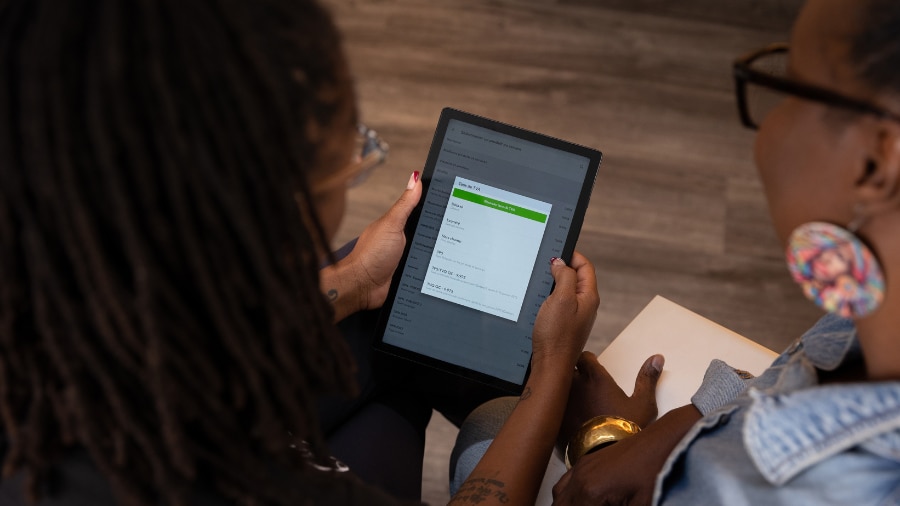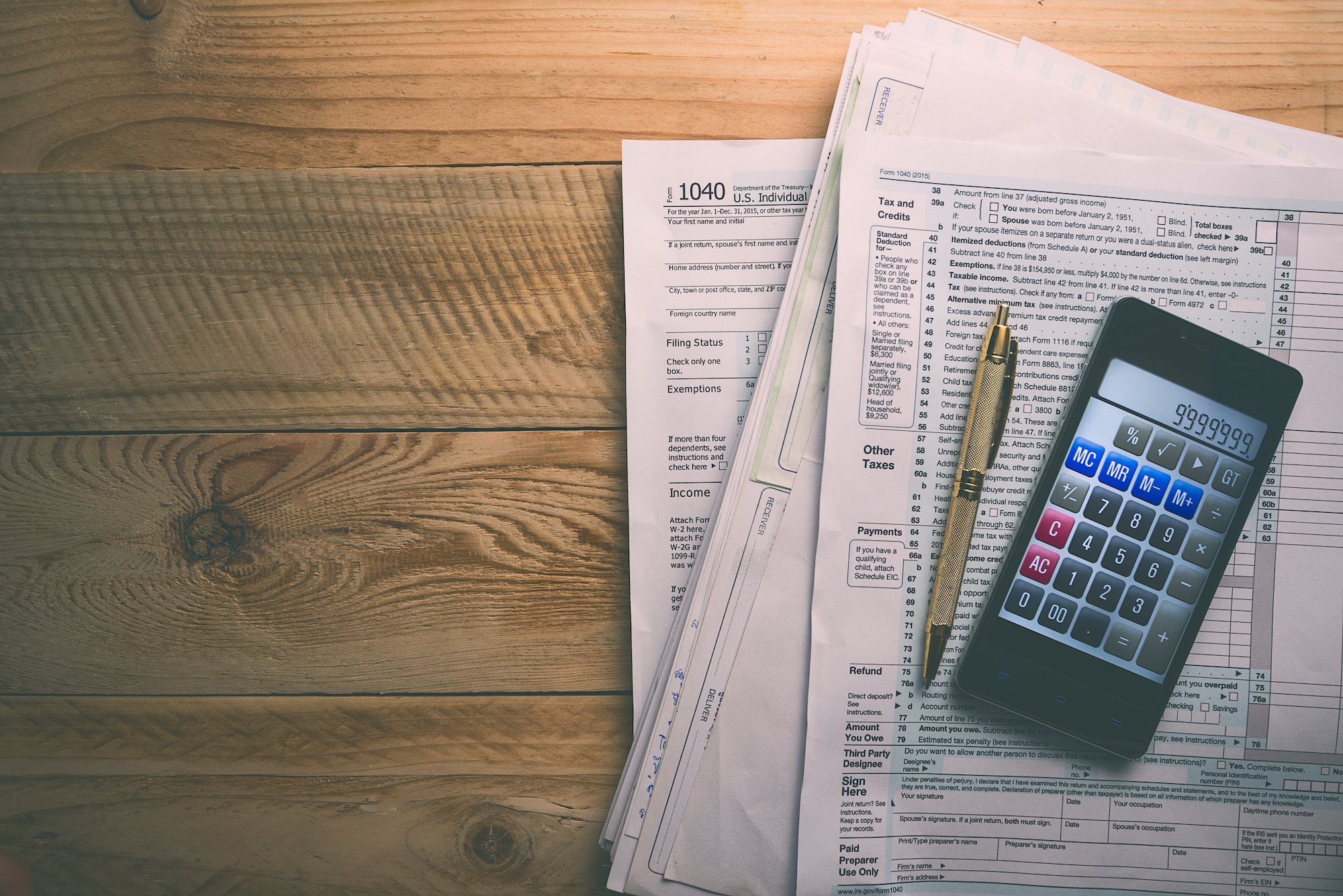The 2024 tax season brings new opportunities for self-employed Canadians to leverage tax deductions. Understanding that these self-employed tax deductions in Canada range from operating expenses to professional development costs is pivotal for maximizing your tax savings.
This comprehensive guide takes you through the essentials, ensuring you're aware of the deductions you can claim. Each of these tax write-offs for the self-employed in Canada are found and filled in on the T2125 form (Statement of Business or Professional Activities). Those who are self-employed in Quebec should file with the same information using Form TP-80-V (Business or Professional Income and Expenses).
If you run a business as a partnership and your business is unincorporated, you must use the form as mentioned above and also complete the partnership section. Complete a separate T2125 and TP-80-V for each business or professional activity you have.




